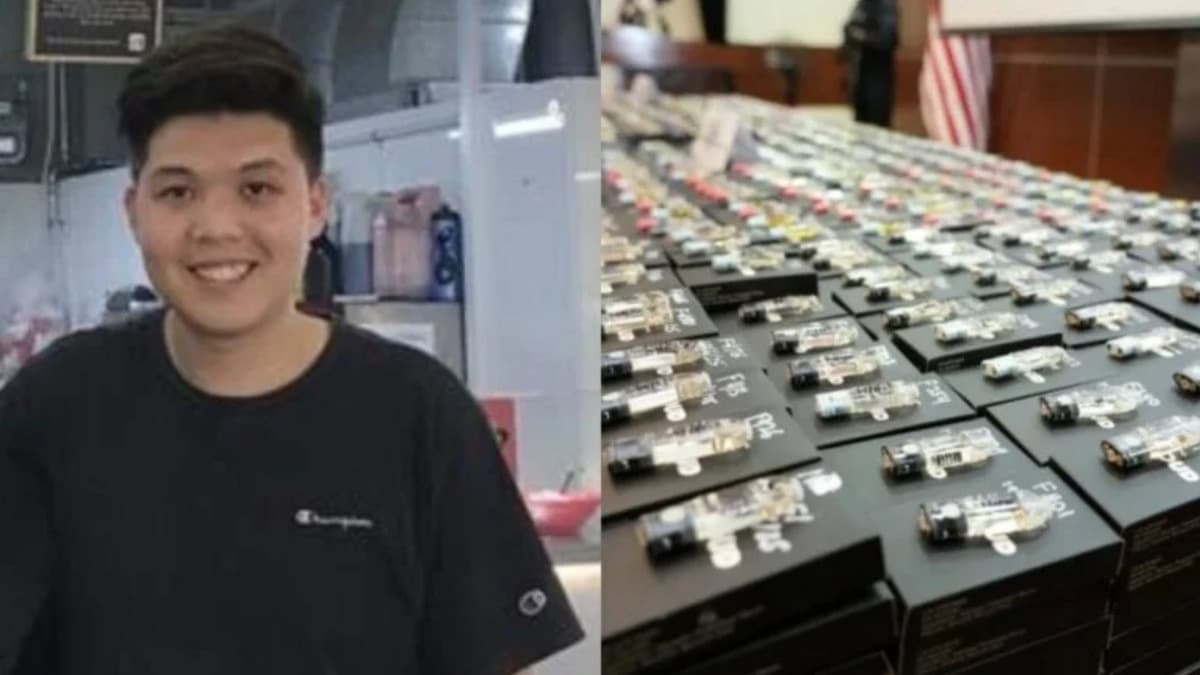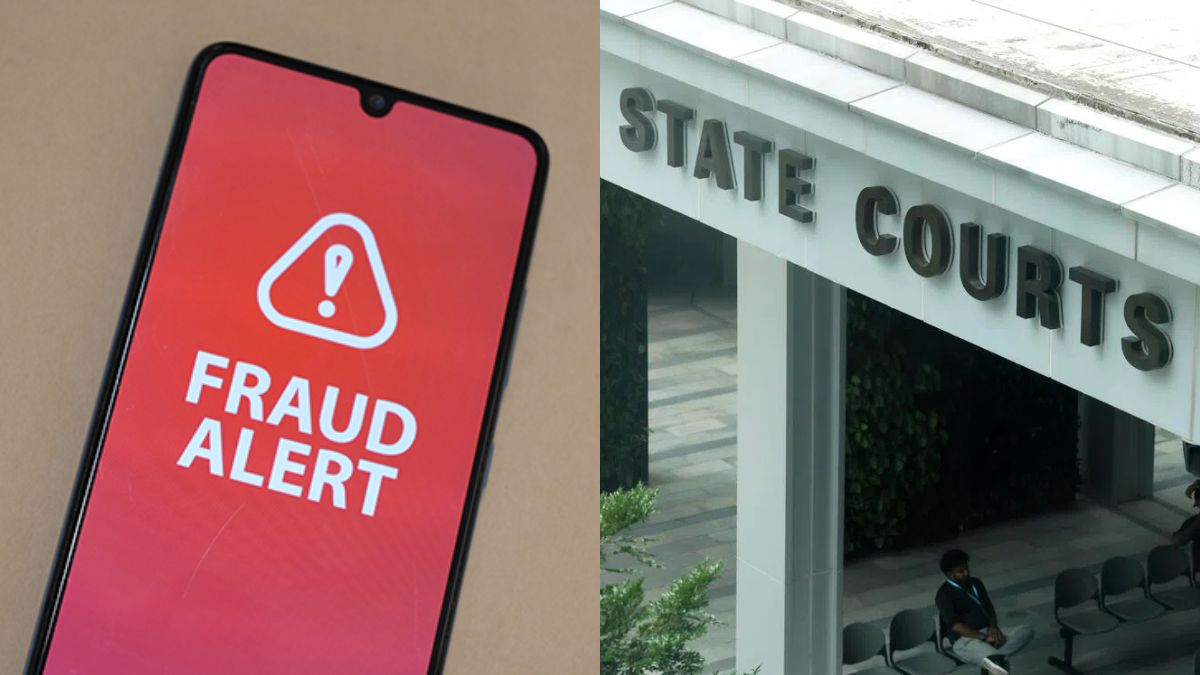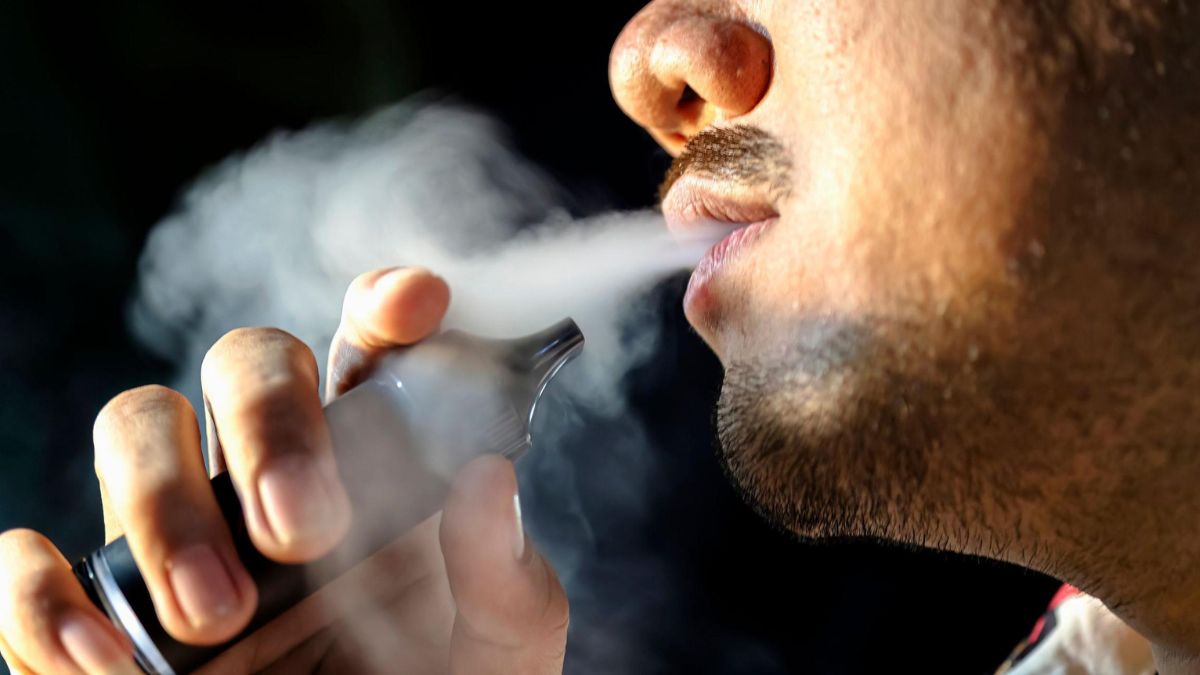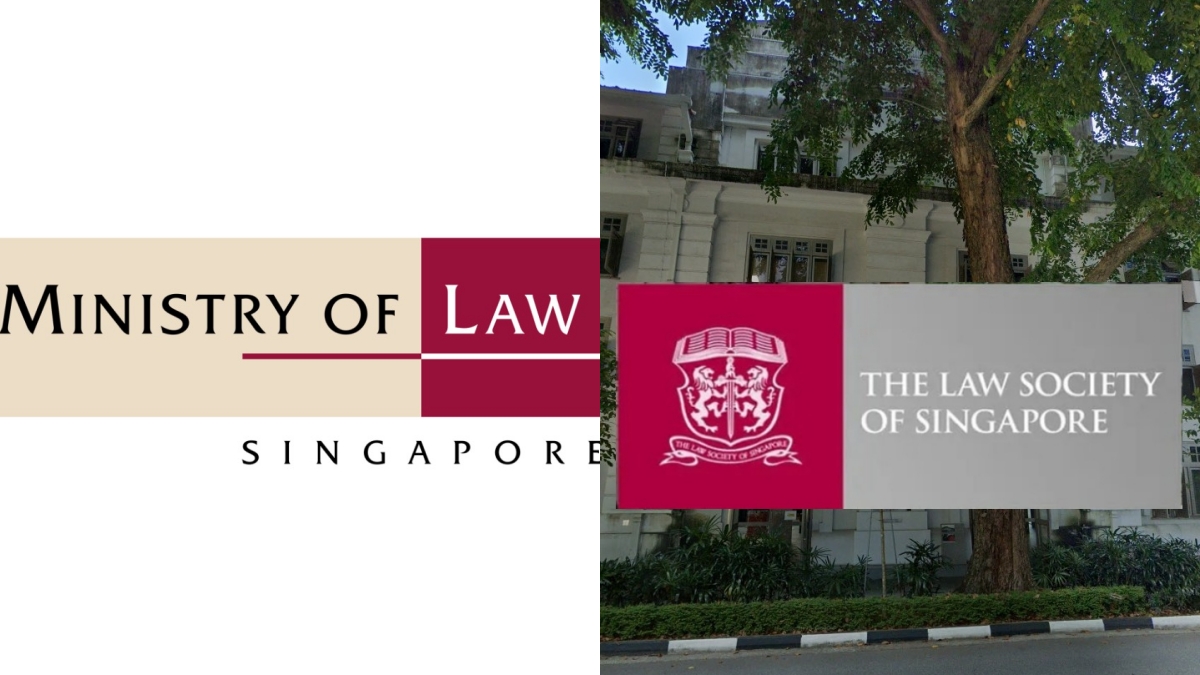Singaporean man charged in Malaysia over cocaine vape syndicate linked to South Korea
A 31-year-old Singaporean, Ivan Tan Zhi Xuan, has been charged in Malaysia for allegedly leading a syndicate behind the country’s first known cocaine vape distribution case. The group is accused of planning to infiltrate South Korea’s vape market using drug-laced cartridges.

- Ivan Tan Zhi Xuan, 31, faces drug trafficking charges in Malaysia for allegedly running a cross-border cocaine vape syndicate.
- The group reportedly planned to infiltrate South Korea’s vape market using student distributors.
- Malaysian police seized nearly 5,000 vape cartridges worth over RM7 million during the June 2025 raid.
A Singaporean man, Ivan Tan Zhi Xuan, aged 31, has been charged in Malaysia for allegedly leading a multinational drug syndicate that attempted to distribute cocaine-laced vape cartridges.
The case, described by local media as Malaysia’s first known cocaine vape trafficking incident, has drawn international attention due to its cross-border reach and involvement of South Korean intelligence authorities.
According to The Straits Times, Tan is accused of heading a criminal operation that sought to introduce cocaine and etomidate-laced vape products into South Korea. Authorities claim the group planned to target young consumers through an elaborate recruitment network in Seoul.
Alleged plan to enter South Korea’s vape market
Investigations by the National Intelligence Service (NIS) of South Korea suggest that Tan aimed to establish a covert distribution network in Seoul by recruiting students as sellers.
Officials allege he set up a headhunting firm in the city’s Gangnam district as a front, purportedly to hire young South Koreans — particularly those who had previously studied in Singapore — to act as distributors.
The NIS said the vapes contained etomidate, an anaesthetic agent, and traces of cocaine. The combination, it warned, posed a serious threat to public health.
South Korean broadcaster KBS News aired surveillance footage showing Tan leaving Incheon Airport and boarding a taxi shortly before his arrest.
Tan was reportedly assisted by three associates — Singaporeans Tristan Chew Jin Zhong, 25, and Quek Kien Seng, 45, as well as Malaysian Kong Sien Mee, 51. The group allegedly branded their illicit products as “Kpods” to resemble legitimate vape cartridges.
Arrest in Malaysia and seizure of drugs
The four men were arrested on 19 June 2025 in Selangor, Malaysia, following intelligence shared by the NIS.
According to the Royal Malaysia Police’s Narcotics Criminal Investigation Department, the operation led to the seizure of 4,958 vape cartridges packed in 10 boxes. The total haul weighed 9.42 litres and carried an estimated street value of RM7.29 million (about S$2.2 million).
Investigators said the syndicate had been operating from rented luxury condominiums in Kuala Lumpur, where the vapes were allegedly packaged for export. Authorities believe the group planned to smuggle the products through various shipping routes to reach South Korea.
Syndicate operations and payments
Preliminary findings indicate that the operation began around March 2025.
Police sources told The Straits Times that Tan’s associates were reportedly paid between S$100 and S$200 daily for their roles, while Tan allegedly retained the bulk of the profits.
The NIS estimated the group intended to smuggle up to 20,000 vapes each month, potentially capable of addicting as many as two million users.
If convicted, Tan and his co-accused face the death penalty or life imprisonment with caning under Malaysia’s Dangerous Drugs Act.
The case remains pending before the Malaysian courts.
Tan’s background and earlier ventures
Tan’s background paints a contrasting picture to his alleged criminal activities.
He previously studied engineering at Nanyang Technological University (NTU) but reportedly left the programme in 2019.
That same year, Lianhe Zaobao reported that Tan co-ran a bak chor mee (minced meat noodles) stall in Ang Mo Kio with a schoolmate. The stall, established in 1965 by his wife’s grandfather, later ceased operations.
Following the closure, Tan diversified into business ventures in Singapore.
Public records indicate he held directorial roles in companies linked to nightlife venues, food and beverage outlets, and vehicle rental services. His entrepreneurial activities appeared to continue until his arrest in mid-2025.
After news of Tan’s detention surfaced, The Straits Times reported that several of his associates allegedly contacted his former business partners in Singapore.
They demanded S$300,000, claiming the sum was needed to “pay the police” to secure Tan’s release. The partners refused, alerted local authorities, and subsequently removed Tan from the firms’ directorship records.
Cross-border collaboration and implications
The case underscores increasing cooperation between Malaysian and South Korean authorities in tackling the emerging problem of narcotics-laced vaping products.
The NIS described the operation as “a sophisticated and dangerous form of drug smuggling,” noting that such vapes are harder to detect through conventional inspection methods.
Malaysian police have since stepped up enforcement against modified vape imports, while South Korea has launched a public health advisory warning against unregulated vaping devices. Experts suggest that this case could set a precedent for regional law enforcement collaboration in combating new forms of drug trafficking.
Legal observers say the Malaysian courts are likely to treat the case with severity given the volume of drugs involved and the international coordination required to intercept the syndicate.
“Drug offences involving cross-border operations are viewed as particularly serious in Malaysia,” said a Kuala Lumpur-based criminal lawyer who requested anonymity.
“The fact that this case involves cocaine — a relatively rare substance in Southeast Asia — will draw even closer scrutiny.”
As proceedings continue, both Malaysian and Singaporean authorities are expected to share further information. Singapore’s Central Narcotics Bureau (CNB) confirmed it is assisting in investigations but declined to comment on operational details, citing ongoing court processes.
A case that highlights changing drug trends
The emergence of cocaine-infused vaping products reflects evolving drug trends in Asia, where traffickers increasingly exploit lifestyle products to conceal narcotics.
Public health officials have warned that the popularity of vaping among youths creates a new and dangerous avenue for substance abuse.
Experts also caution that synthetic drug combinations, such as cocaine mixed with etomidate, may produce unpredictable and severe effects, including respiratory failure. Authorities in South Korea and Malaysia have called for tighter import checks and consumer awareness campaigns to combat the growing threat.
For now, Tan remains in custody as the case proceeds in the Malaysian courts.
The outcome is expected to set a benchmark for how regional judicial systems address the fusion of narcotics trafficking and vaping technology — a convergence that has alarmed both public health and law enforcement communities across Asia.








0 Comments